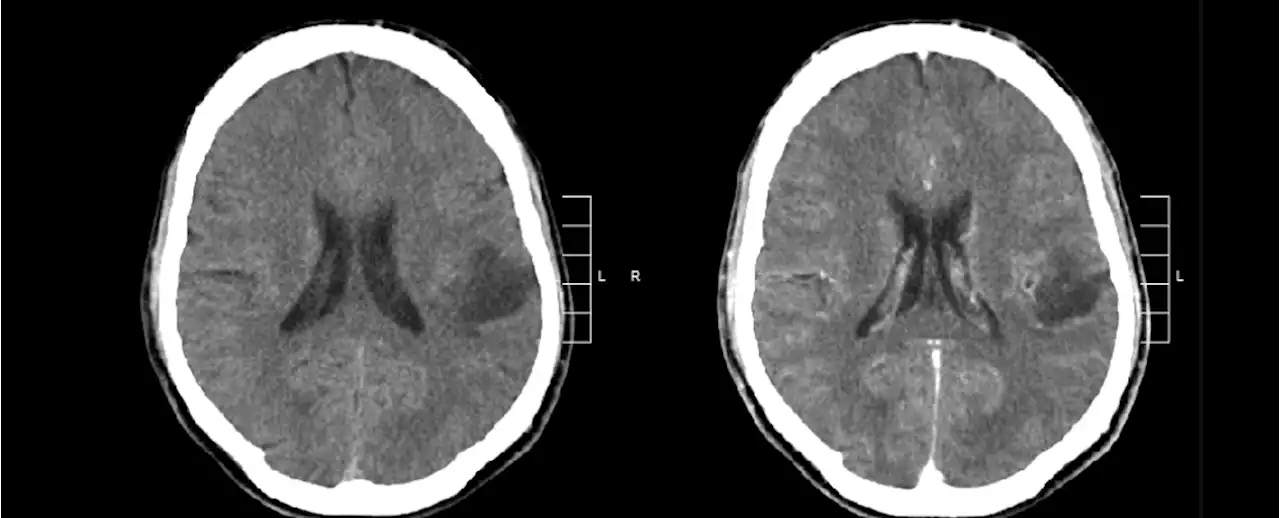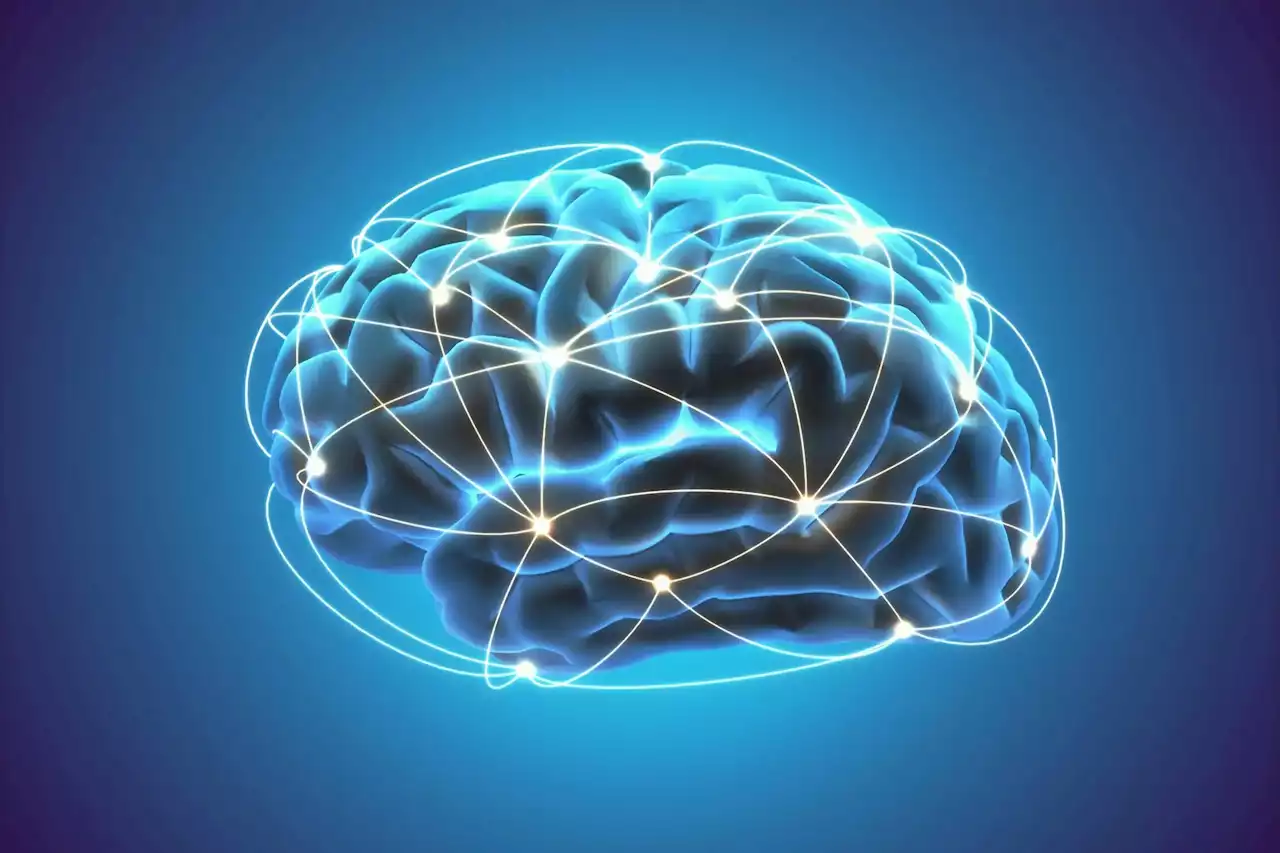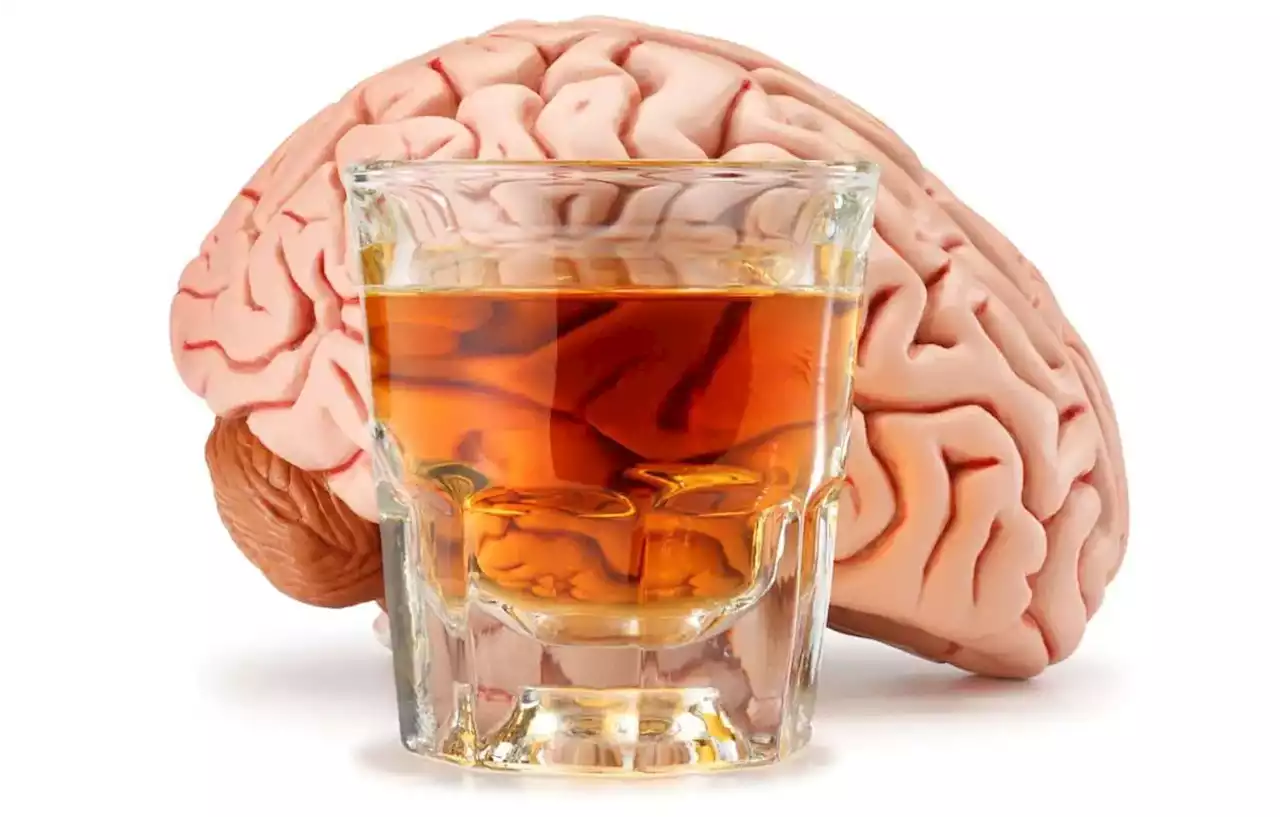Long-Lasting Brain Changes: Irreversible Neuronal Disruptions From Binge Drinking in Adolescence — A study conducted at Penn |
A Penn State study suggests that adolescent binge drinking could cause irreversible changes in the brain’s neural signaling. Using a mouse model simulating binge drinking during developmental years, researchers found that key neurons exhibited overexcitability long after alcohol consumption had ceased, hinting at the potential for lasting cognitive and behavioral changes.
“What we’re seeing here,” said Nikki Crowley, assistant professor in biology and biomedical engineering and Huck Early Chair in Neurobiology and Neural Engineering, “is that if adolescent binge drinking knocks neurons off this trajectory, they might not be able to get back, even if the alcohol consumption stops.”
Penn State neuroscience doctoral student Avery Sicher works in the lab, doing patch-clamp electrophysiology. Credit: Dan Lesher / Penn State
Malaysia Latest News, Malaysia Headlines
Similar News:You can also read news stories similar to this one that we have collected from other news sources.
 Spaceflight Can Induce Long-Lasting Structural Changes in The Human BrainWe know that time in space affects our bodies, from our brains to our bones, but scientists are still not clear on the details.
Spaceflight Can Induce Long-Lasting Structural Changes in The Human BrainWe know that time in space affects our bodies, from our brains to our bones, but scientists are still not clear on the details.
Read more »
 Brain Tumors Can Rewire The Brain, And We Just Found Out HowResearchers have long known that brain tumors, specifically a type of tumor called a glioma, can affect a person's cognitive and physical function.
Brain Tumors Can Rewire The Brain, And We Just Found Out HowResearchers have long known that brain tumors, specifically a type of tumor called a glioma, can affect a person's cognitive and physical function.
Read more »
 Brain Ventricle Expansion: The Dark Side of Multiple Spaceflights on Human Brain StructureA study reveals that spaceflight, especially longer missions with shorter recovery periods, leads to brain fluid changes that may persist before the next mission. Astronauts need approximately three years for the brain's ventricles to recover fully, providing valuable guidance for future space missi
Brain Ventricle Expansion: The Dark Side of Multiple Spaceflights on Human Brain StructureA study reveals that spaceflight, especially longer missions with shorter recovery periods, leads to brain fluid changes that may persist before the next mission. Astronauts need approximately three years for the brain's ventricles to recover fully, providing valuable guidance for future space missi
Read more »
 The Human Brain Project: Bridging Micro and Macro Understandings of the BrainResearchers from the Human Brain Project used a multi-scale approach, combining various imaging methods to understand the human brain's connectome, or the interconnected structure, from the molecular to the macro level. They used 3D Polarized Light Imaging to visualize nerve fibers and placed their
The Human Brain Project: Bridging Micro and Macro Understandings of the BrainResearchers from the Human Brain Project used a multi-scale approach, combining various imaging methods to understand the human brain's connectome, or the interconnected structure, from the molecular to the macro level. They used 3D Polarized Light Imaging to visualize nerve fibers and placed their
Read more »
 Astronauts’ brains take a hit during long spaceflights | CNNSpaceflights lasting six months or longer take a toll on the brains of astronauts, and crew members may need to wait at least three years before returning to space, according to new research.
Astronauts’ brains take a hit during long spaceflights | CNNSpaceflights lasting six months or longer take a toll on the brains of astronauts, and crew members may need to wait at least three years before returning to space, according to new research.
Read more »
